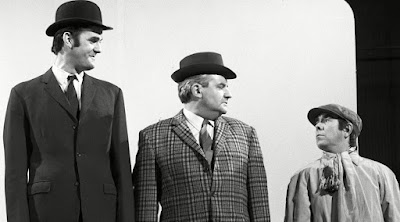Lasts month’s post with the video of the sparrowhawk (Red in Beak and Talon) got us thinking about how many different kinds of birds have visited our garden. None are particularly rare, and many bloggers will have had more, but we were still surprised by the number. We counted 19.
It does not include birds simply passing over, such as migrating geese, or on one occasion a heron, nor have we counted birds in the nearby countryside but not seen in the garden, such as yellowhammers, only birds that have landed.
1) Seen just about every day: starling, blackbird, sparrow, wood pigeon, collared dove, magpie, crow. Some of the sparrows may be dunnock but I am only counting them once. Some days this summer there have been forty or fifty starlings on the lawn.
2) Seen often: robin, blue tit, great tit.
3) Occasionally: wren, thrush, sparrowhawk, greenfinch, goldfinch, chaffinch.
4) Once or twice only:
- One winter brought us a beautiful flock of redwings which stayed for two days while they stripped the berries from the holly bush.
- Another day, a racing pigeon with a ringed leg watched from the rooftops as I sawed wood. It must have liked me because it flew down and allowed me to pick it up. How warm and fluffy they are, and so light. Your fingers disappear into their feathers. I put it in a box with some bird seed and water, and phoned the local pigeon club who sent someone round to collect it. Later, they phoned to say it was from Hull. I should have known from its accent.
- Swallow. Really? Landed? Not just flying over? Well, yes. On the morning of the 9th September, 2001, we opened the bedroom curtains to the wondrous sight of a family of swallows assembling on our telephone wire not six feet from the window. They were looking in, the cheeky little blighters, probably eyeing up softer options for the winter than an 8,000 mile flight to South Africa. Luckily, I had a film in the camera. We checked their travel documents for them, which were all in order, and wished them a safe trip. They said they would pass our regards to Nelson, and looked forward to seeing us again in the spring.



